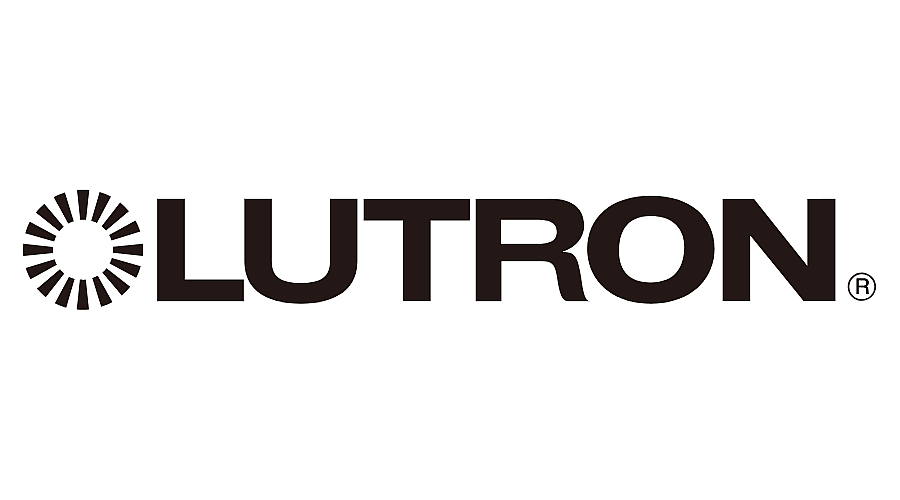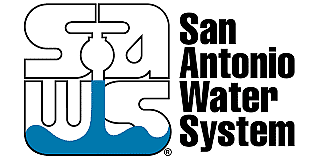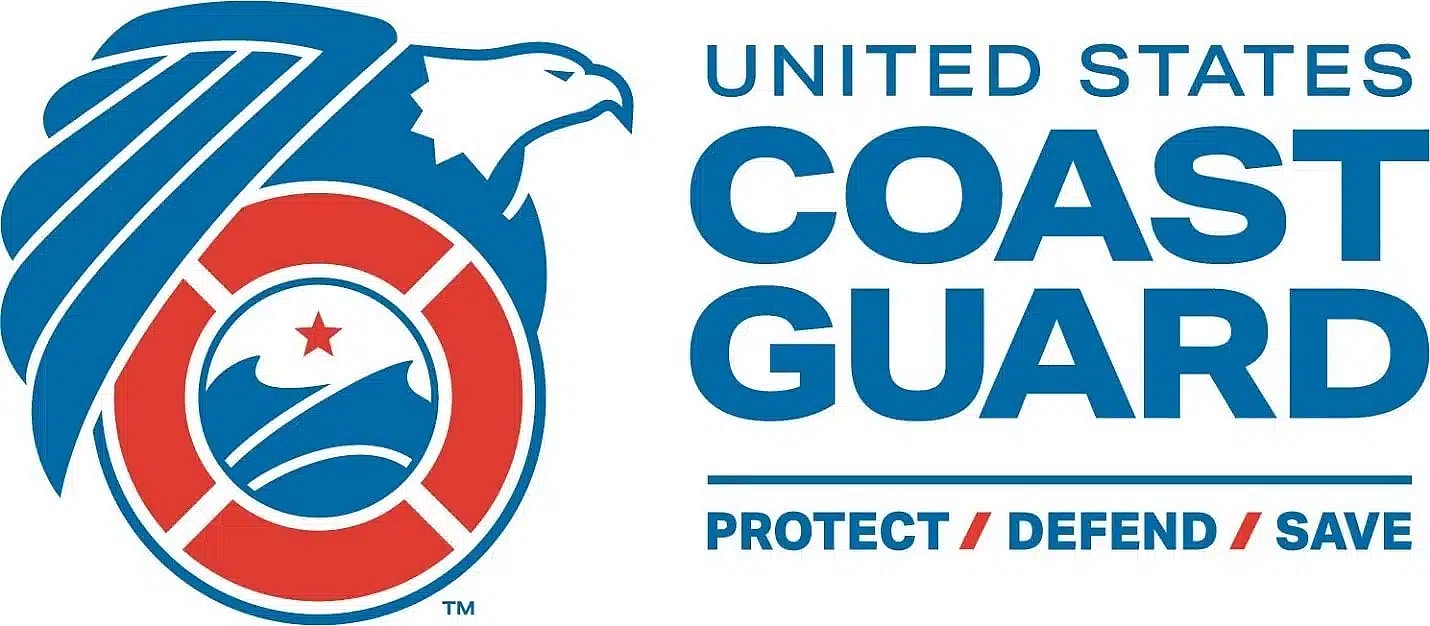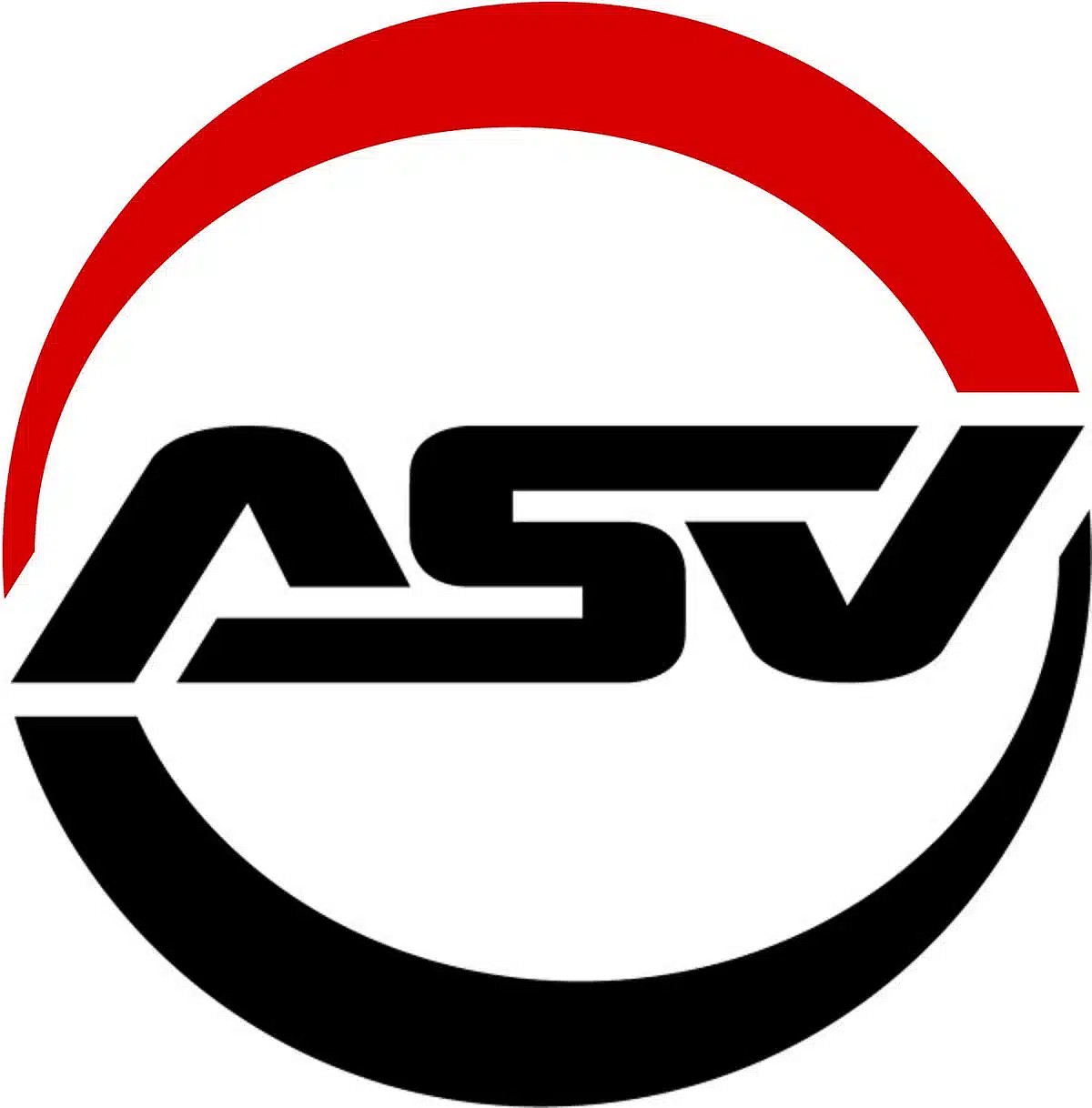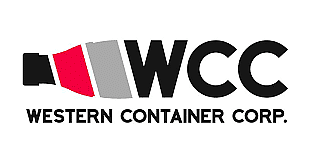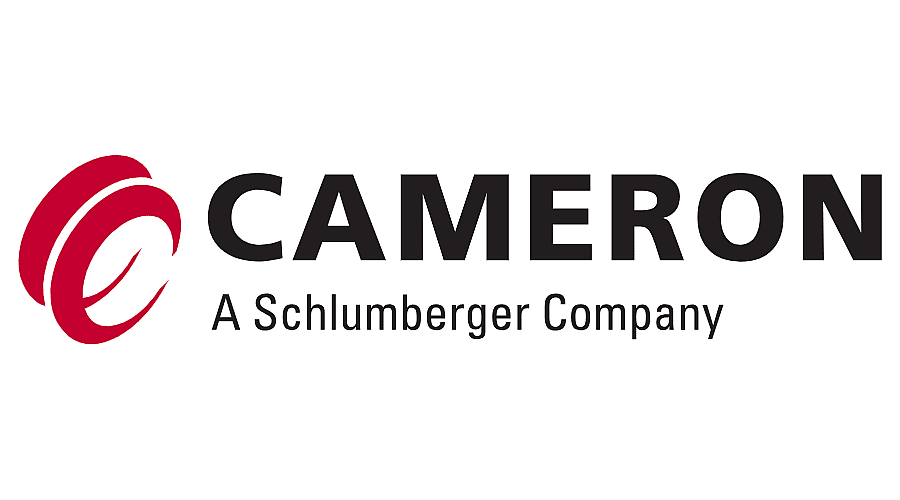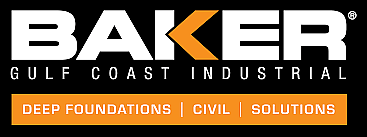Impact of Corrosion on the Power Industry: How to Prevent It
What is Corrosion, and Why Does It Matter?
Corrosion is the deterioration of metal materials due to chemical or electrochemical reactions with the environment. Corrosion can cause serious problems for the power industry, such as reduced efficiency, increased maintenance costs, safety hazards, and environmental damage. Corrosion can affect various components of power generation and distribution systems, such as gas and water lines, solar farms, and concrete structures. In this article, we will explore some of the common causes and effects of corrosion in these areas, and how to prevent or mitigate them with the help of Dreiym Engineering, a leading corrosion engineering firm with extensive experience in the power industry.
Cathodic Protection of Gas and Water Lines for Power Plants
Gas and water lines are essential for the operation of power plants, as they provide fuel and cooling for the turbines and generators. However, these lines are often exposed to corrosive environments, such as soil, water, or chemicals, that can cause them to rust and leak. This can result in reduced performance, increased energy consumption, fire or explosion risks, and contamination of the surrounding soil and water. To prevent these problems, gas and water lines need to be protected from corrosion by a technique called cathodic protection. Cathodic protection is a method of applying an electric current to the metal surface, which makes it act as a cathode (negative electrode) and prevents it from losing electrons to the corrosive agents. Cathodic protection can be achieved by using sacrificial anodes, which are metal bars that corrode faster than the protected metal, or by using impressed current systems, which are powered by an external source of electricity. Cathodic protection can extend the lifespan of gas and water lines, reduce maintenance costs, and enhance safety and environmental protection.
The Effect of Corrosion on Solar Farms
Solar farms are a renewable and clean source of energy, but they are also vulnerable to corrosion, especially in humid or coastal areas. Corrosion can affect the solar panels, the metal frames, and the structural members that support them. Corrosion can reduce the efficiency and output of the solar panels, damage the electrical connections and wiring, and compromise the stability and integrity of the structures. Corrosion can also cause aesthetic issues, such as discoloration and staining, which can affect the public perception and acceptance of solar farms. To prevent corrosion on solar farms, several measures can be taken, such as using corrosion-resistant materials, coatings, and fasteners, applying proper design and installation practices, and performing regular inspection and maintenance. Corrosion can also be prevented by using cathodic protection, especially for the structural members that are embedded in soil or concrete, such as piles, foundations, and anchors. Cathodic protection can protect these members from the corrosive effects of moisture, chloride, and oxygen, and prevent the spalling of concrete, which is the cracking and flaking of the surface due to corrosion of the steel reinforcement.
The Effect of Corrosion on Concrete
Concrete is a widely used material for building walls, floors, and structures, such as bridges, dams, and parking garages. Concrete is composed of cement, water, sand, and gravel, and can have steel reinforcement bars or wires embedded in it. Concrete has many advantages, such as high strength, durability, fire resistance, and versatility. However, concrete is also susceptible to corrosion, especially when exposed to moisture, oxygen, carbon dioxide, chloride, sulphate, or acid. Corrosion can cause the following problems for concrete:
– Spalling of concrete: This is the cracking and flaking of the concrete surface due to the expansion of the corroded steel reinforcement. Spalling can reduce the thickness and strength of the concrete, expose the steel to further corrosion, and create safety hazards and aesthetic issues.
– Loss of bond: This is the weakening of the adhesion between the concrete and the steel reinforcement due to the formation of rust. Loss of bond can reduce the load-bearing capacity and stiffness of the concrete, and increase the risk of cracking and deformation.
– Alkali-silica reaction: This is the chemical reaction between the alkali in the cement and the silica in the sand or gravel, which produces a gel-like substance that absorbs water and expands. This can cause cracking and swelling of the concrete, and reduce its durability and performance.
To prevent or mitigate corrosion in concrete, cathodic protection can be used. Cathodic protection is a technique that applies an electric current to the steel reinforcement, which makes it act as a cathode (negative electrode) and prevents it from losing electrons to the corrosive agents. Cathodic protection can be achieved by using one of the following methods:
– Anode pucks: These are small discs of metal, such as zinc, magnesium, or aluminum, that are attached to the steel reinforcement and connected to a power source. The anode pucks act as sacrificial anodes, which corrode faster than the steel and provide a protective current. Anode pucks are easy to install and maintain, and can be used for new or existing concrete structures.
– Special Paints & Construction Methods: Certain special paints can be used with concrete to help prevent corrosion and produce a good-looking finish. Paints may need to be in electrical contact with the underlying rebar in some cases, so consulting with an experienced engineer is important.
Dreiym Engineering: Your Partner for Corrosion Solutions
If you are looking for a reliable and experienced corrosion engineering firm that can help you prevent or solve corrosion problems in the power industry, look no further than Dreiym Engineering. Dreiym Engineering is a Texas-based company that specializes in corrosion engineering, cathodic protection, and corrosion monitoring. Dreiym Engineering has over 20 years of experience in the power industry, and has successfully completed projects for power plants, solar farms, wind farms, and transmission lines. Dreiym Engineering can provide you with a comprehensive range of services, such as corrosion assessment, design, installation, testing, maintenance, and troubleshooting of cathodic protection systems, corrosion monitoring systems, and coatings. Dreiym Engineering can also provide you with training, consulting, and expert witness services. Dreiym Engineering is committed to delivering high-quality, cost-effective, and customized solutions that meet your specific needs and expectations. Contact Dreiym Engineering today and let us help you protect your assets from corrosion.

















